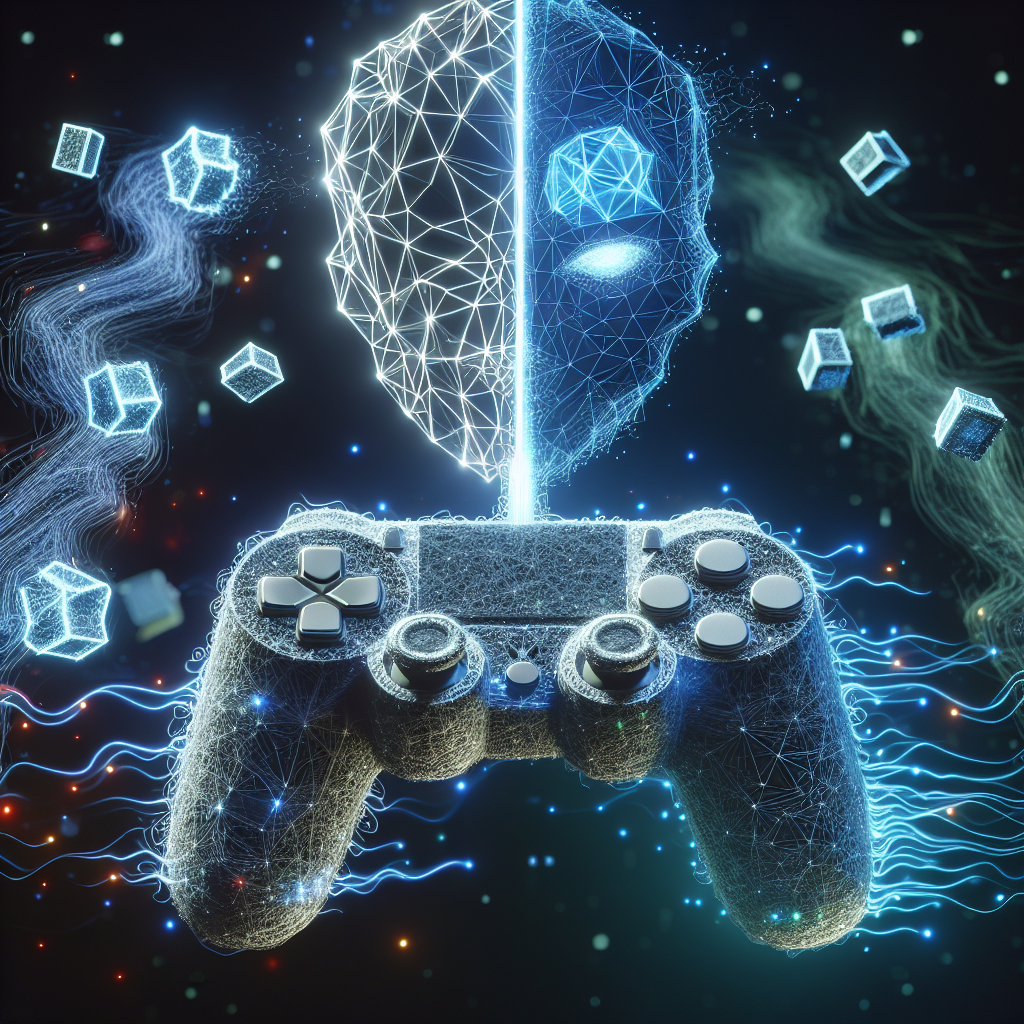Artificial Intelligence (AI) has become a prevalent technology in various industries, including the gaming industry. One of the most significant applications of AI in gaming is in the development of Game AI, which refers to the behavior of non-player characters (NPCs) within a game. These NPCs are controlled by AI algorithms that allow them to react to the actions of the player and make decisions based on their environment.
The Influence of AI on Game AI Behavior Learning
AI has had a significant impact on the development of Game AI behavior learning. Traditionally, game developers would have to manually program the behavior of NPCs, which could be time-consuming and limited in terms of complexity. With the advent of AI technologies, game developers can now use machine learning algorithms to train NPCs to learn and adapt their behavior based on their interactions with the player and the game environment.
One of the key advantages of using AI in Game AI behavior learning is the ability to create more realistic and dynamic NPCs. By using machine learning algorithms, NPCs can learn from their interactions with the player and adapt their behavior accordingly. This can lead to more challenging and engaging gameplay experiences, as NPCs can become more unpredictable and responsive to the player’s actions.
Additionally, AI can also be used to improve the efficiency of Game AI behavior learning. Traditional methods of programming NPC behavior can be labor-intensive and require constant tweaking and adjustment. By using AI algorithms, game developers can automate the process of training NPCs, allowing them to learn and adapt their behavior more quickly and efficiently.
Furthermore, AI can also be used to enhance the overall gameplay experience by creating more immersive and engaging environments. By using machine learning algorithms, game developers can create NPCs that are more intelligent and responsive, making the game world feel more alive and dynamic.
Overall, the influence of AI on Game AI behavior learning has been profound, leading to more realistic and dynamic NPCs, improved efficiency in NPC behavior programming, and enhanced gameplay experiences.
FAQs
Q: How does AI influence Game AI behavior learning?
A: AI technologies, such as machine learning algorithms, can be used to train NPCs to learn and adapt their behavior based on their interactions with the player and the game environment. This allows for more realistic and dynamic NPCs that can provide a more challenging and engaging gameplay experience.
Q: What are the advantages of using AI in Game AI behavior learning?
A: Using AI in Game AI behavior learning can lead to more realistic and dynamic NPCs, improved efficiency in NPC behavior programming, and enhanced gameplay experiences. AI algorithms can automate the process of training NPCs, allowing them to learn and adapt their behavior more quickly and efficiently.
Q: How can AI be used to create more immersive game environments?
A: By using machine learning algorithms, game developers can create NPCs that are more intelligent and responsive, making the game world feel more alive and dynamic. This can lead to a more immersive and engaging gameplay experience for players.
Q: What are some examples of games that use AI in Game AI behavior learning?
A: Many popular games use AI in their Game AI behavior learning, such as the “Assassin’s Creed” series, “The Witcher 3: Wild Hunt,” and “Red Dead Redemption 2.” These games use AI algorithms to create more realistic and dynamic NPCs that can adapt their behavior based on the player’s actions.
In conclusion, AI has had a significant influence on Game AI behavior learning, leading to more realistic and dynamic NPCs, improved efficiency in NPC behavior programming, and enhanced gameplay experiences. By using machine learning algorithms, game developers can create more immersive and engaging game environments that provide players with a challenging and immersive gameplay experience.

